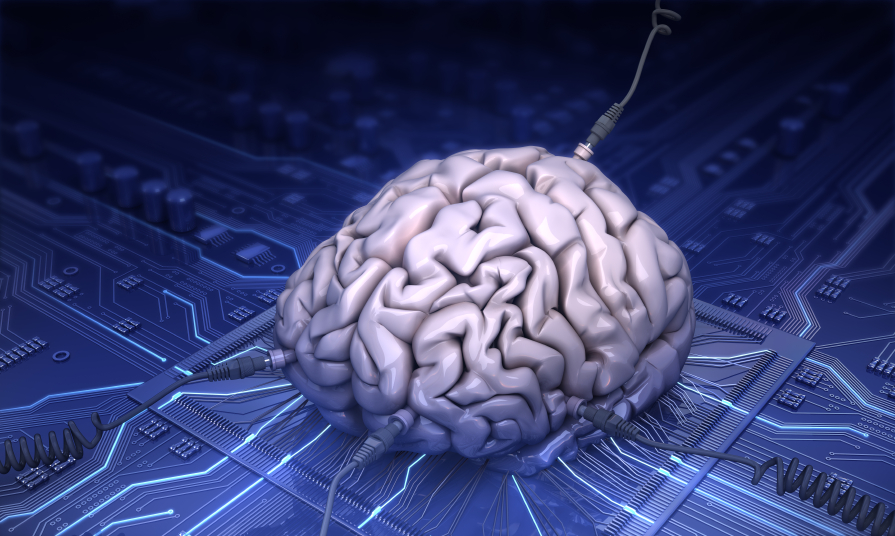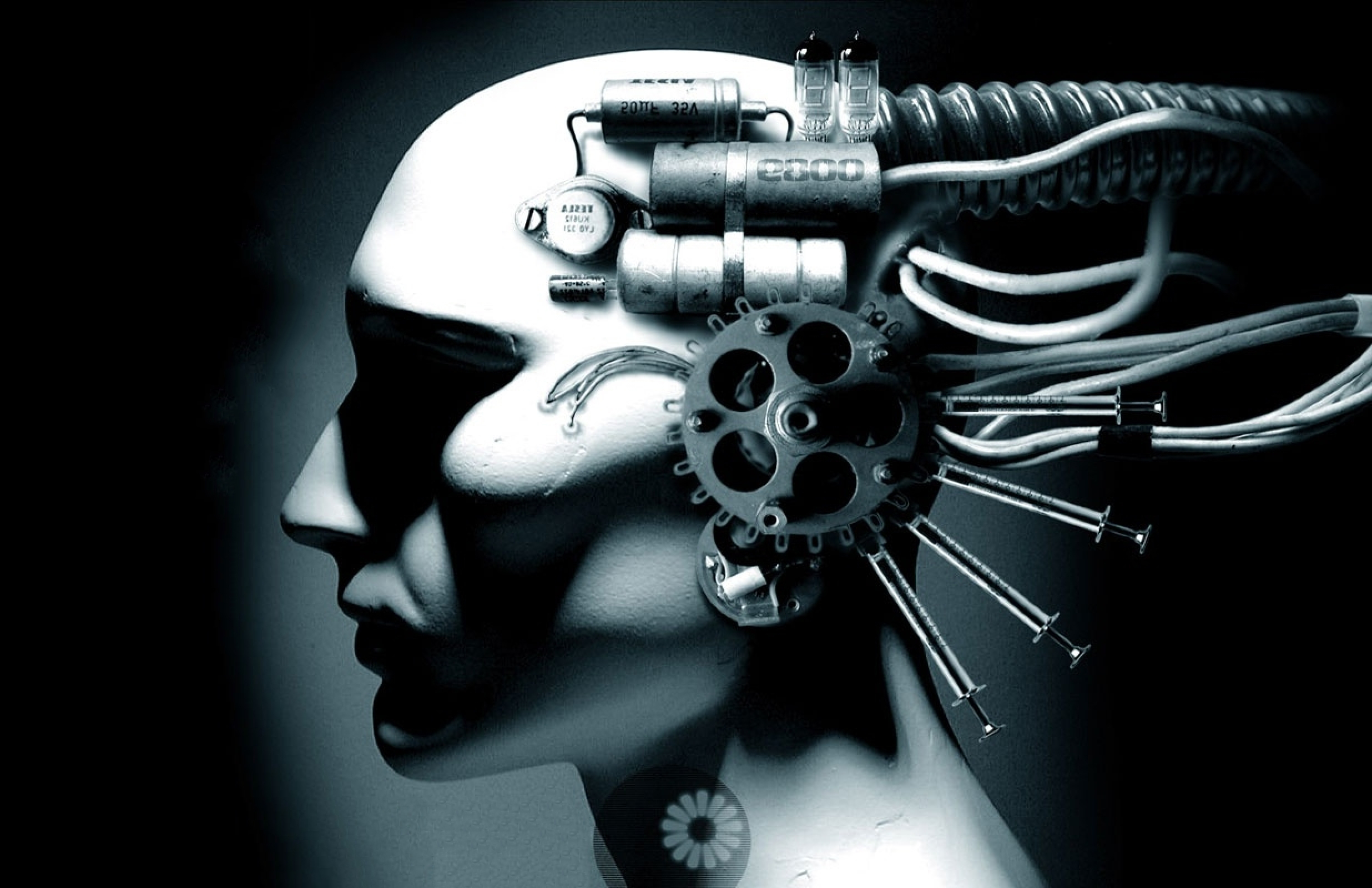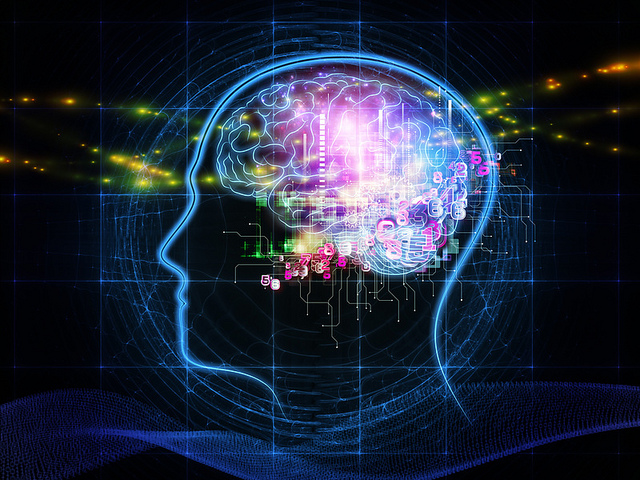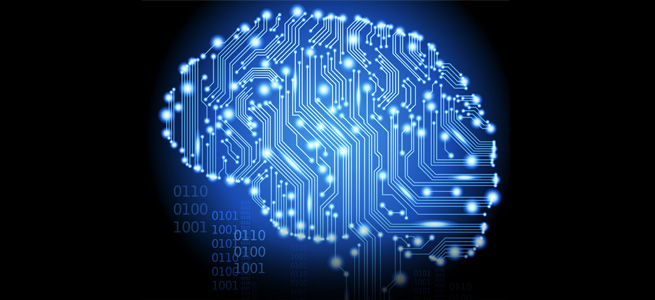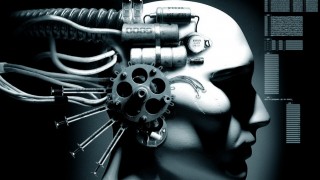
A computer, or more specifically a computer program, has passed the Turing Test and convinced a panel of judges that is is human with an identity of a 13 year old boy from the Ukraine named Eugene Goostman. It is time to start worrying. Many people are not aware that Google and similar companies are actively working toward the day when computers and computer programs not only mimic human intelligence but actually supersede it. This moment in time, when computers suddenly become much smarter than humans, has been named The Singularity. When this moment occurs, computers will be able to outwit and outsmart even the smartest human; and they will also be able to exponentially improve upon themselves. This change will be so rapid and the ensuing improvements to artificial intelligence so significant that it is possible computers could even generate physical forms of themselves. Science fiction films in which “transformers” can assemble and disassemble at will could easily become a reality after The Singularity occurs. The technology evangelists’ take on this is to dismiss such fears and put forth claims that The Singularity will lead to radical human life extension. Humans, they say, might be able to live to the age of 200 or even indefinitely.
However, there is no guarantee that this AI, as it is called, will be benign, and what’s more, there are some people who do not think it is imperative that this type of intelligence be controlled. A group called “transhumanists” has been and continues to actively advocate for both The Singularity and for the day when human beings merge with-or even are replaced entirely by-machines. A computer program called a chat box has convinced judges that it is human, and this is just the beginning. Passing the Turing Test is the first step in computers reaching a state where they will have governance over humankind. It is time to start worrying, and a conflict is brewing between two important camps: the technology evangelists and those who oppose transhumanism.
One of the most significant challenges of those who voice objections to these types of technologies is that the people asking questions are often labeled “ignorant,” “backwards,” “Luddite,” “enemies of progress” and so forth. They are then laughed off by Silicon Valley executives. This labeling of concerned citizens and the refusal by those in the technology sector to take these concerns seriously drastically reduces the chance for open dialogue between those who stand to profit most from such technologies and those who could be adversely affected by this so-called “progress.” There is the question of whether these technology scientists and computer researchers have anything more on their minds besides dollar signs, such as, perhaps, concerns over possible dangers and disadvantages of The Singularity.
Another issue clouding the current debate is the rise of the religious right in the U.S. The faithful are worried that those in the technology sector want to “play God,” and have voiced objections to the funding of plans for radical human life extension. The fight between these two sectors, the religious right and Silicon Valley, appears simplistic; but there is another factor the technology evangelists have ignored: the secular objectors. These non-faithful folks might just end up being a significant thorn in the side of those who most wish to achieve The Singularity because they are a silent force, and yet, they are a force that deserves recognition.
While the computer program that passed the Turing Test is a rudimentary first step toward what some say is the inevitable “rise of the machines,” it is important that the average citizen keep his or her eye on such benchmark developments. This event in which a computer program convinced judges it is human means it is time to start worrying; perhaps not because of this one moment but because of what it signifies for the future. The immediate implications of this event might mean a drastic increase in cyber crime: imagine what this type of technology could illicit from a person’s bank account, for example. What is stopping any cyber criminal from using this type of chat box to impersonate an individual or worse yet-a foreign leader? In the short term, the possible nefarious uses of such technology are overwhelming, but in the long term, AI could mean an end to humanity itself. It might be an oddity or an amusement to think a computer program could fool a group of judges into thinking the program is human; but it will be no laughing matter if that program falls into the wrong hands, and the implications for the future development of AI may not be remotely positive.











